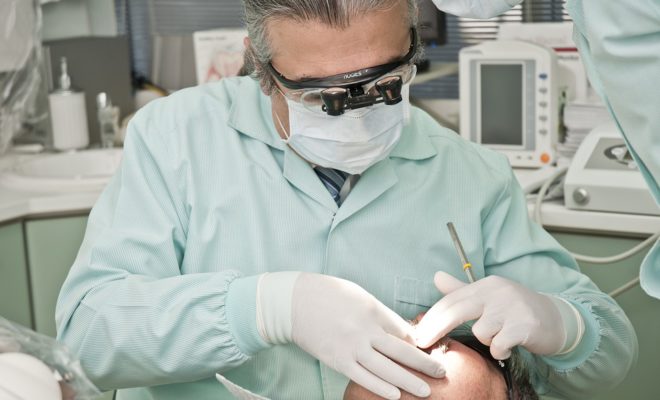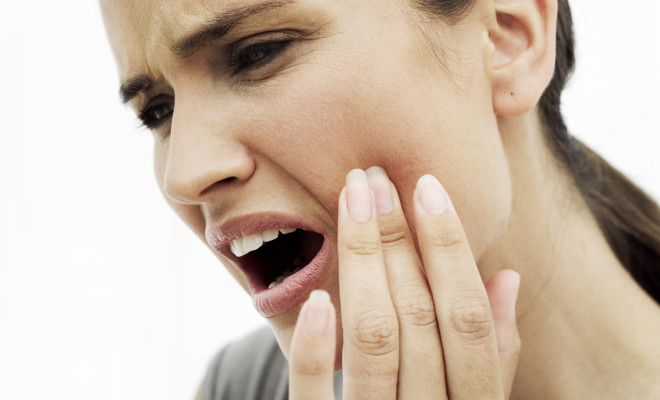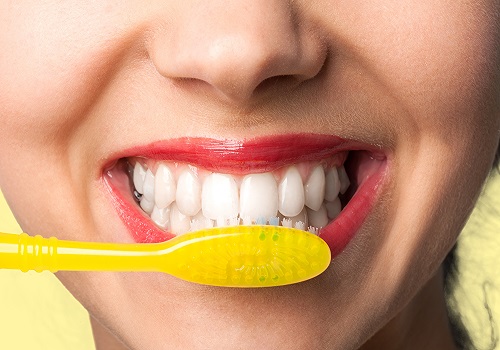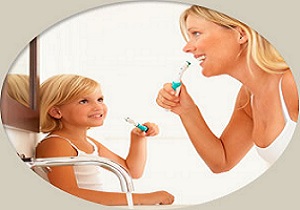How to Handle The Most Common Dental Issues in Seniors

Dentists say that the condition of your teeth can often show your age faster than the rest of your face or body can. It is common to see the elderly with chipped or missing teeth or wearing a false set of teeth. However, this does not have to be the case for you or someone you love.
If you are approaching your 60s or have a loved one who is, here are some of the more common oral health problems seniors face and how you can avoid having them as a part of your future:
Teeth stains
Yellow or darkened teeth is a common condition among people who regularly consume teeth-staining foods and beverages such as coffee, tea and sodas. Even healthy foods such as blueberries and beets can be potential culprits for stained teeth. But there are other causes for the stains on your teeth other than your diet.
Your teeth are made up of four components: enamel, dentin, cementum and pulp. The dentin provides structure for the enamel and transmits signals from the outer layer to the more sensitive dental pulp. As you get older, however, the outer enamel layer gets thinner, exposing the yellower layer of dentin inside.
Some people avail of whitening services in the hopes of making their teeth whiter and shine brighter. However, these cosmetic dental services are only designed to whiten the enamel and not the dentin inside.
It is important to note that for a small percentage of the population, the dentin is darker. Coupled with a thinner layer of enamel, this makes it more difficult to have a set of pearly white teeth. Before scheduling for a teeth whitening session, consult with your dentist to see if you are a suitable candidate for the service or if there are other alternatives.
Your dentist will inspect your teeth to see and ensure that you will get the desired results.
Other than avoiding teeth-staining foods, another way to keep your teeth stain-free is to brush your teeth regularly. Brush and floss within an hour after eating or drinking to prevent stains from latching onto your teeth.
Dry mouth
Your body needs a healthy level of saliva to control the amount of germs and bacteria inside your mouth. Without saliva, you become more prone to developing cavities.
Xerostomia or dry mouth refers to a condition where there is not enough saliva in the mouth. It is a concern for a lot of the elderly as their bodies are no longer able to produce as much saliva as they used to.
Dry mouth is also a known side effect for taking certain types of medications. This includes medications for high blood pressure, cholesterol, Parkinson’s, Alzheimer’s, depression, asthma and anxiety.
Even medications you regularly take for colds or allergies can give you dry mouth. This is why it is important to inform your dentist if you are taking any medications.
Dentists can provide you with several recommendations on how to deal with dry mouth. This may include:
- Drinking more water
- Using oral moisturizers such as mouth sprays or washes
- Changing your medication or dosage
- Chewing on gum or taking lozenges to stimulate your body to produce more saliva
- Using a humidifier at home to keep the air moist
Periodontal disease
Gum disease is caused by a proliferation of bacteria inside your mouth. The excess bacteria causes tartar and plaque to develop on your teeth and gums. This results in gum irritation and bleeding.
When your gum problems worsen, you develop a condition known as periodontitis. At this stage, the infection goes deeper into your gums, damaging the tissue and bones that support your teeth.
Gum health issues can be caused by a combination of poor diet and dental hygiene. By simply eating healthier, flossing and brushing your teeth regularly and visiting your dentist, you can arrest the development of periodontal disease.
Losing your teeth or wearing false types does not have to be a part of your life as a senior. By being aware of these conditions, practicing good oral hygiene and following the tips provided, you are on your way to keeping your teeth healthy and strong for as long as you live.
AUTHOR BIO
Dr. Zul Paliwalla is the General and Cosmetic British Dentist at NOA Dental Clinic, specializing in smile-related concerns. With over 33 years of experience in the UK, Dr. Zul has successfully worked on and improved many internationally recognized smiles. He is a certified Invisalign® GOLD provider as well and has brought his elite expertise to Dubai not only to enjoy the sun, sea and sand, but also to offer his brand of personalized smile makeovers.









